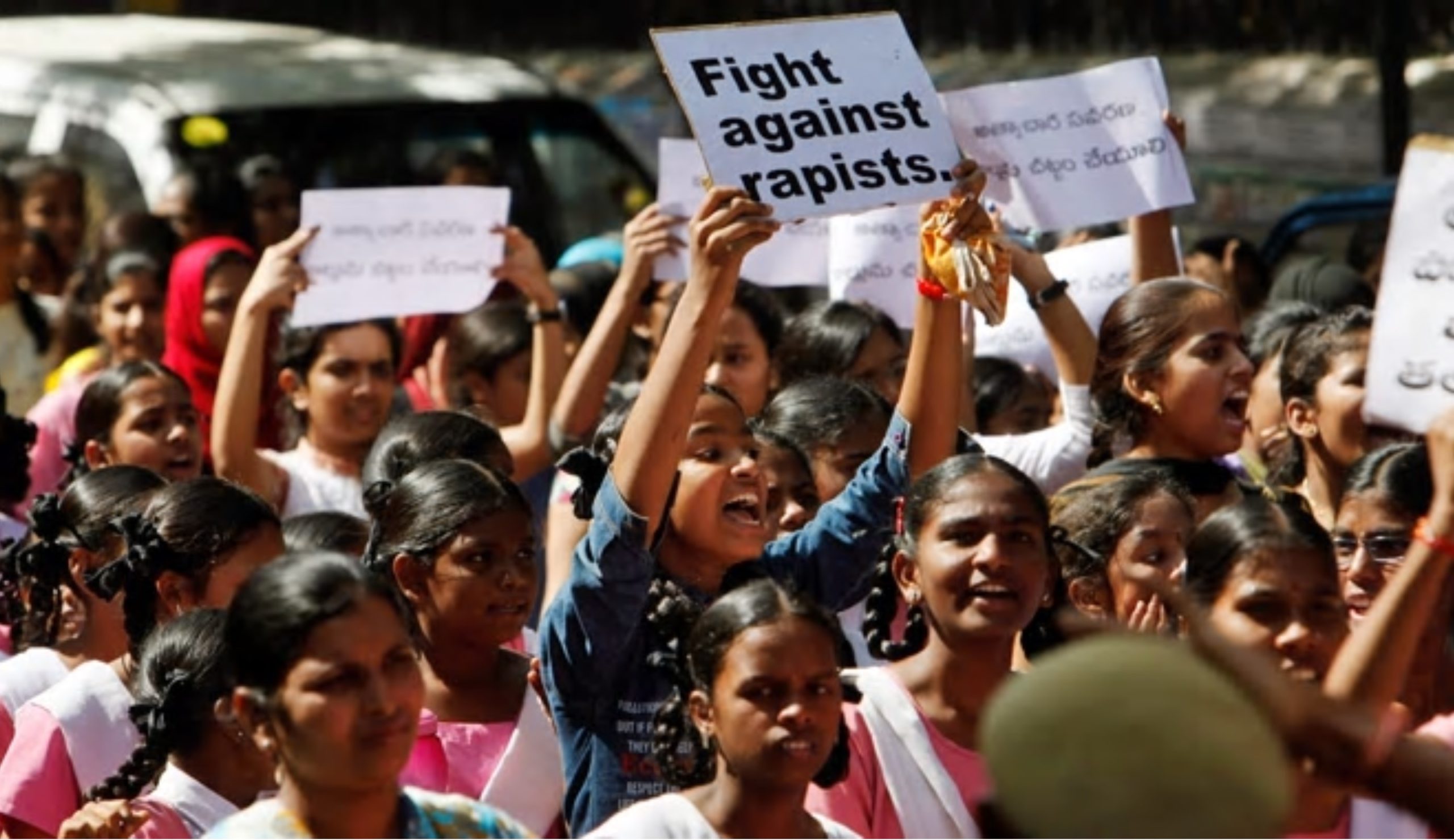The upcoming Supreme Court ruling in India on the issue of marital rape is a crucial moment in the ongoing struggle for women’s rights and gender equality. Despite decades of advocacy and significant progress in many areas, the idea that marriage grants a man unrestricted rights over his wife’s body remains entrenched in Indian law. This perspective is not only outdated but also a severe violation of human rights.
The potential exclusion of marital rape from the list of punishable offenses in the new penal code, set to be implemented on July 1, 2024, has sparked significant outrage among human rights groups and women’s organisations. These groups, including the All India Democratic Women’s Association, argue vehemently for the criminalisation of marital rape, emphasising the need to protect women’s bodily autonomy and uphold their rights within marriage.
The government’s argument that criminalising marital rape would violate the “sanctity of marriage” reflects a deeply ingrained conservative mindset. This view prioritises traditional concepts of marriage over the fundamental rights and safety of women, revealing the persistence of patriarchal values in contemporary legal frameworks.
The current stance of the Modi government, including Home Minister Amit Shah’s promise to reform India’s penal code, is seen by many as superficial. While there are some progressive provisions, such as criminalising obtaining sex by promising marriage, the failure to include marital rape in these reforms highlights a selective approach that does not fully address the deep-rooted issues of patriarchy and gender inequality.
Maintaining a legal exception for marital rape directly contradicts the Indian constitution, which guarantees equality and protection against violence for all citizens. By not criminalising marital rape, the law implicitly suggests that a wife’s consent is unnecessary and that her body can be treated as her husband’s property. This undermines the principle of consent and perpetuates a cycle of abuse within marriage.
Gender scholar Ntasha Bhardwaj aptly describes this situation as a reflection of Victorian thinking and a betrayal of the constitutional promise of equality. The government’s reluctance to address marital rape appears to be driven by a desire to appease conservative voters, prioritising political expediency over fundamental human rights. This reasoning is similar to the Ministry of Law and Justice’s opposition to same-sex marriages, citing traditional family values and social conservatism.
The resistance to criminalising marital rape highlights a broader societal issue where women’s rights and bodily autonomy are not fully recognised or respected. Despite progress in gender equality, deeply entrenched patriarchal values continue to obstruct meaningful change. The struggle for women’s rights remains a critical and ongoing battle, and challenging regressive laws is essential in the broader quest for gender equality.
As India’s Supreme Court prepares to rule on this issue, it is imperative that the voices of women and human rights organisations are heard. Criminalising marital rape is not just a legal necessity but a moral imperative aligned with principles of human dignity and equality. It is time to recognise the inherent rights of women over their own bodies.
The situation in India serves as a sobering reminder of the enduring battle for women’s rights in a world still grappling with the remnants of patriarchy. Legal reform must reflect modern values of equality and human rights. The upcoming ruling by India’s Supreme Court is an opportunity to take a stand against the oppression of women, ensuring that marriage is a partnership based on mutual respect and consent, rather than a license for abuse. The world is watching, and it is high time for a change that upholds the dignity and rights of all women.






